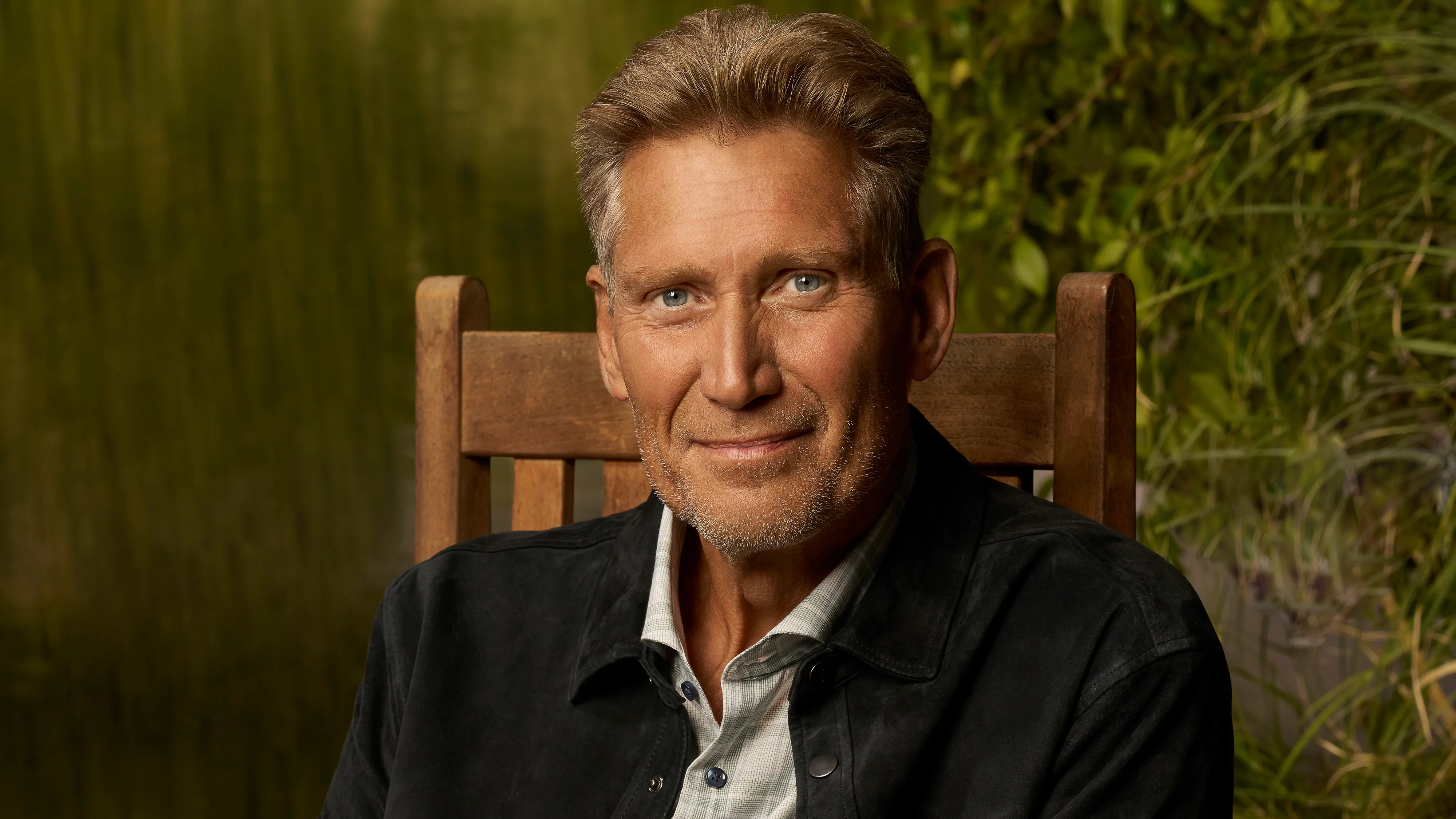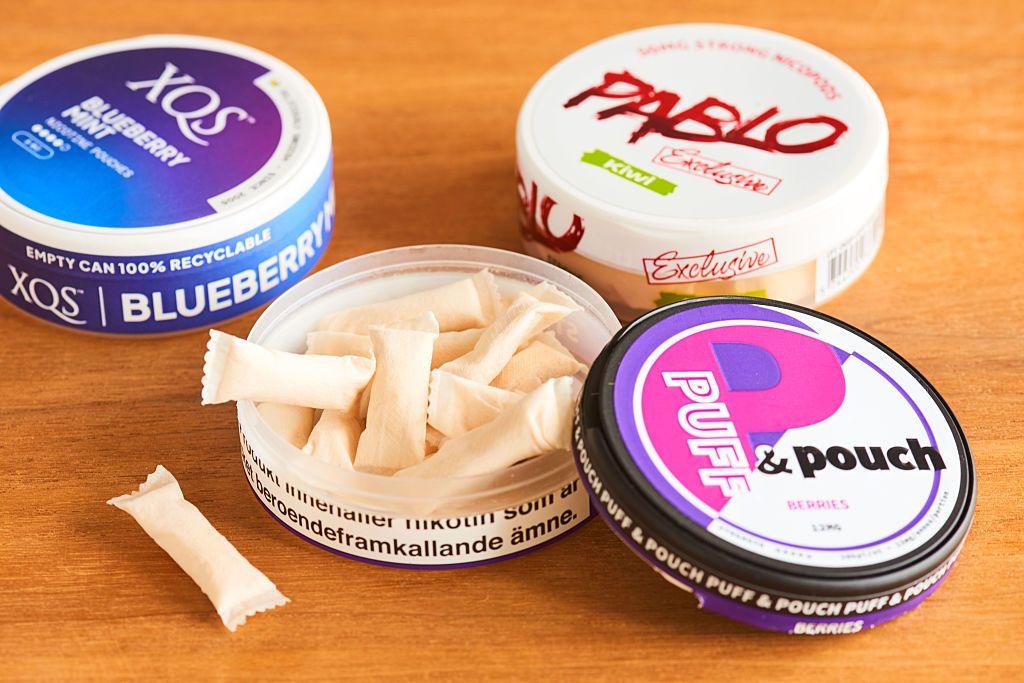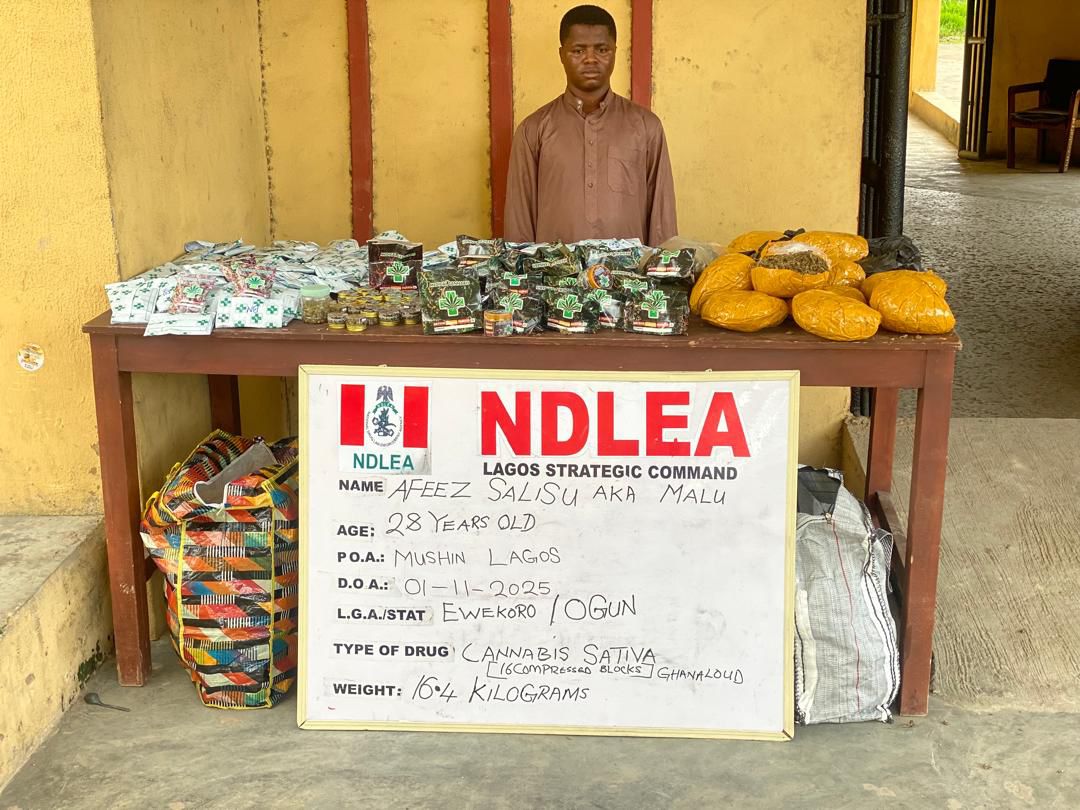Copyright vanityfair

In the tell-all, Turner gets candid about the circumstances surrounding his split from Theresa Nist, whom he married in a televised wedding on ABC in January 2024. The couple separated after only three months of marriage, the shortest in Bachelor-franchise history. Amid fallout from their breakup, Turner writes about eleventh-hour prenup negotiations, a case of cold feet the night before his on-camera nuptials, and the suicidal ideation he experienced after the divorce. “I just wanted things to shut off,” he says now. “I didn’t want to be in the spotlight in such a negative way, so that was my internal desire to become a non-person momentarily.” These steely words feel eons away from the warm glow of Turner’s season in the fall of 2023, when the retired restaurateur, father, and grandfather, living in an Indiana lake house, was tapped to become the Bachelor franchise’s first senior lead. Before being plucked out of obscurity to find love on TV, Turner was married for 43 years to his high school sweetheart, Toni, who died in 2017. His second chance at love reinvigorated the sometimes stale reality TV dating enterprise by swapping 20-something influencers for suitors over 60. The series premiere was the most-watched debut for any Bachelor franchise since 2021 and the most-watched of any premiere of ABC’s on its streaming partner, Hulu. As his memoir debuts, Turner reflects on his whirlwind few years in the spotlight and the fallout from his short-lived reality-TV marriage. Although he doesn’t want to “air out dirty laundry,” the 74-year-old can’t resist a few jabs: “I would like to send her a thank you card because the more she talks about it, the more books that are going to be sold. So, she’s making me money.” In the book, Turner takes issue with nearly everything about his final rose recipient—from Nist’s “East Coast mentality” (she’s from New Jersey) to what she’d have for breakfast. The 72-year-old, who still works as a financial services professional, isn’t eager to dredge up old wounds—but she didn’t mince words when reached for comment about Turner’s book. “None of what Gerry Turner has said in his disparaging remarks about me is true, and none of the interactions we had are stated in the way that they actually happened. It is fiction,” Nist said in a statement exclusive to Vanity Fair. “I am very sad to think that this man had to resort to putting me down in order to try to make himself look better.” Vanity Fair: Last December, you shared that you had been diagnosed with a slow-growing bone marrow cancer called Waldenström’s macroglobulinemia. How are you feeling these days? Gerry Turner: I still go to the doctor every six months for the blood test and one marker in particular that they watch. I’m feeling fine. The only thing I’m anticipating at some point, and I’m hoping it’s a long way away, is some of the symptoms they told me about associated with this that would then indicate the need for treatment. Have these health issues made you feel differently about how you want to be remembered—have you given any thought to your legacy? No one’s asked me that. That’s really a great question. My dad and I were close, and he’d ask me, “What do you want to be when you grow up?” I remember saying to him that I don’t want to be average. That whatever I do, I want to be remembered for doing it really, really well. Before the show, I felt like, “I really haven’t done anything to stand out in my life.” Now I feel like I’ve done that. In the book, you address the Hollywood Reporter piece that dug into your “not-so-golden past,” namely, some of your missteps in your first relationship after Toni’s death. You write that you didn’t want to waste time or energy refuting it, but what was important in revisiting that relationship? I handled the situation badly when I had said that I hadn’t dated much. I was being generic in that statement and, at that point, was a neophyte to how social media would treat everything I said—literally, each word—would be evaluated. The comment I should have been making, which would’ve been more accurate, was that I’d been dating, but nothing serious. You have said that you felt like you were made out to be the villain in your split from Theresa. What’s been the most frustrating moment in the aftermath of that for you? There’ve been some really frustrating moments, but I’m not to a point where I want to air out dirty laundry. Knowing you and Theresa’s love story had given hope to so many people, did you feel pressure to see this fairytale love story through despite your pre-wedding misgivings? No, the pressure that I felt was all internally generated. I had cold feet the night before the wedding, but I also had just come out of a very emotional night with Leslie [Fhima, Turner’s runner-up], and that was weighing very heavily on me. I had just completed a very difficult process of completing the prenup that had become problematic in getting done. All of these things were brewing. So it was a difficult moment. Is it difficult to know that she’s had some negative things to say about it so far? (“It makes me very sad to think that he felt empty and trapped,” Nist told Us Weekly in a statement last month. “I wish he had said something and just ended it. But at least now I understand why he was so hurtful to me so many times. And I will say this. Those in glass houses should not throw stones. I do wish him all the best.”) Not really. In a way, I would like to send her a thank-you card because the more she talks about it, the more books that are going to be sold. So, she’s making me money. If Theresa wrote a book about you, what would she say? I guess I really haven’t given it much thought. Are the two of you in contact at all? You write about your time as a civil court mediator, helping people settle their personal disputes, yet when it came time to communicate with Theresa, you didn’t. Why is that? As a mediator, you’re a third party trying to find a way to bring two people together. So when I was first-person in a conflict with Theresa trying to resolve those issues, it became much more emotional. It really changes the complexion of the conversation. You write about your concern with Theresa being calculated, but your current fiancée, Lana Sutton, slid into your DMs after watching the show. Was there fear that she had ulterior motives in romantically pursuing you? She thought I was the catfisher because she was so caught off guard when I answered her. She asked her daughter, “This can’t be the real Golden Bachelor. Why would he be answering me?” And it was just a funny set of circumstances that got us to that point. Facebook is one of those necessary evils where I have so many friend requests. I just randomly say yes to people if we had common friends, and one of those requests went to her, and that kind of began things. She grew up in a town about 20 minutes from where my lake house is. I don’t think you can overstate the importance of regional values. East Coast and West Coast have their priorities, but in the Midwest, we have a certain set of values. And when I found out that she was a Midwest girl and a mom and had a great-looking family, I go, “You know what? This one is definitely worth a chance.” I’m from the Midwest, but I’m curious what those Midwestern values that you felt really connected to were? Lana will tap an airplane and say a quiet prayer when she gets on. She makes sure that from time to time, we go to church. She’ll turn on the broadcast for a service on Sunday morning if we can’t make it. She has no problem eating leftovers, no problem knocking me down to get to dessert. There’s joy in so many different areas with us that weren’t there with other regional cultures. It’s very comforting. For younger people, political ideology plays an increasingly important role in dating. Is it the same for older people? I think, yes. I’m not fond of someone who is radically left or radically right. If they’re reasonable and willing to listen to opposing points of view and remain open-minded, I’m fine with whatever their ultimate perspective is. It’s the people who will close off opposing views and not even consider other perspectives that I find troubling. What did you learn in your last marriage that you’re bringing into your next relationship? Forty-three years of being married does prove that I’m trainable. But more importantly, that not every day is going to be butterflies and unicorns, and you have to work through the difficult hours. You have to learn your partner’s style of communication. Was there a moment in your marriage to Teresa when you realized you couldn’t make it work? The last time that Theresa and I sat down to dinner on the show was right before the fantasy suites. There were lamb chops getting cold, and she said, “When I find the right guy, I’m ready to quit my job.” Then, a short period of time later, she became committed to working an additional year or 18 months. And I said, “Can you shorten that?” She would agree, but then in every subsequent conversation, it would fall back to, “Oh, I really want to work a year.” To some, particularly people in their 20s and 30s, a year doesn’t sound like a long time. But when you’re 72, what percentage of your remaining years is one year? If I wanted to travel and have fun and be footloose and free and able to afford all the things that I had saved up for my whole life, and a prospective partner wanted to continue working, there was an impasse. That was really the moment when I thought, “This is going to be tough.” What is something that you now know at age 74 that you didn’t know during your time as the Golden Bachelor? This is a fundamental error: I believed that at the end of the show, I would find the right person for me. It was never an option that I would come out “empty-handed.” I didn’t realize that it’s really possible to not find the right person for you, and that is indeed what happened. I have [now] found the right person, and it was because of my visibility on the show that it happened. The lesson learned is don’t get caught up in other people’s opinions of what should happen, but hold firm to what your open-mindedness brings you. This interview has been edited and condensed for clarity.



